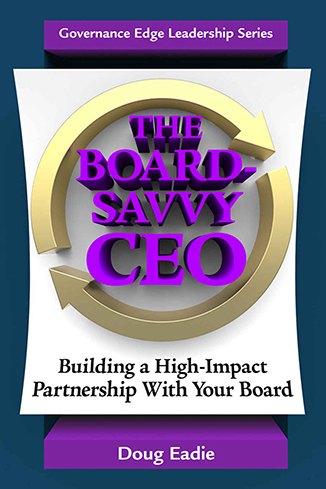My weekly English tutoring sessions via Skype with my Taiwanese friends and students, Donyou Chen and his lovely wife Yuwen Chang (known as “TY” and
“Fiona” to their non-Mandarin-speaking friends), have for the past few weeks focused on the economic crisis in China precipitated by the plunging Chinese stock market. A highly educated and upwardly mobile young couple, Donyou and Yuwen are naturally keenly interested in learning to describe stock market dynamics in English; after all, they’re almost certain to be major investors once the new company that my entrepreneurial friend Donyou is building with his partners really takes off. But we’ve spent more time in recent weeks talking about the leadership dimension of the crisis – specifically, the ramifications for President Xi’s political career.
The idiom we practiced in this morning’s tutoring session, “take a tiger by the tail,” appears to be an apt description of President Xi’s situation. The Chinese economy – any economy for that matter – is too complex to be amenable to direct governmental management – influence, yes, but management and control – not a chance. So the metaphor of the tiger does fit the Chinese economy. And by aggressively attaching his public image to continuing rapid economic growth fueled to a great degree by a never-ending bull market, President Xi has without question taken the proverbial tiger by the tail, and his political career might very well end prematurely as a consequence.
What’s at stake for China’s President is one of the most precious leadership assets: credibility. Credibility – being trusted, having what you say taken at face value – is the foundation for one of the preeminent functions of truly extraordinary CEOs: inspiring and motivating board and staff members and even the wider public. The CEO’s inspirational role is especially critical in times of rapid change when fear can so easily confuse, depress, and even paralyze those being buffeted by forces they don’t understand. What has damaged President Xi isn’t that he made promoting economic growth and expanding the middle class a top, very visible priority of his administration. It’s that he, without an in-depth understanding of economic dynamics, fostered the illusion that economic growth without end was possible and that the Chinese central government could guarantee it. To put it crudely, he put his leadership credibility on the line.
Really extraordinary CEOs, in my experience, shoot extremely high in terms of the impact they aspire to have and the difference they want to make, but they also shoot straight. Their tremendous ambition as leaders is tempered by a realistic, educated assessment of the odds of success. They are keenly aware that words alone – no matter how eloquent and heart-felt – can’t move minds and hearts without the credibility to back it up. CEOs Jeff Finkle at the International Economic Development Council and Rich Browdie at the Benjamin Rose Institute on Aging shot high when they tackled, respectively, the re-structuring of IEDC governance and BRI’s planned exit from the nursing home business. These were ambitious initiatives involving high stakes and, yes, risk, but they both determined that if well-managed, the initiatives were highly likely to succeed. They weren’t about to charge out there and risk losing their leadership credibility because of inadequate thought and planning. Whatever animal they took by the tail, it wasn’t the lethal tiger!





